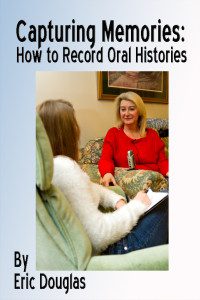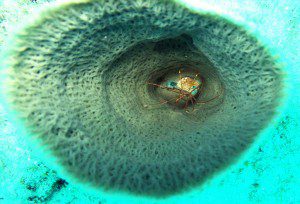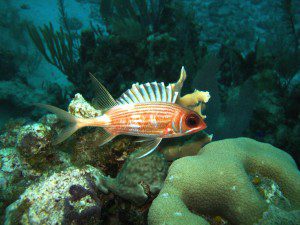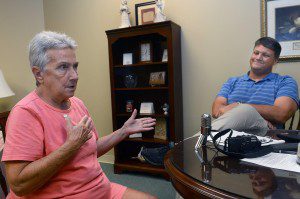 Just about a week ago I had heart bypass surgery. It came completely out of the blue. If you want to read my most recent newspaper column, written from my hospital bed, I invite you to do so. It is titled Don’t Make the Same Mistake I Did. If you think you are feeling “funny” or there might be something wrong, stop denying it and get to your doctor. The life you save…
Just about a week ago I had heart bypass surgery. It came completely out of the blue. If you want to read my most recent newspaper column, written from my hospital bed, I invite you to do so. It is titled Don’t Make the Same Mistake I Did. If you think you are feeling “funny” or there might be something wrong, stop denying it and get to your doctor. The life you save…
This situation was ironic for me because one of my pet projects is recording oral histories and literally days before this odyssey started, I published a short “How To” book to teach anyone how to record oral histories with their families. If I had died while shoveling snow I would not have been able to tell you about the book. Or have my own story recorded. That is double irony.
Oral histories are recordings from everyday people about life. They are the day-to-day events that don’t fill up our history books, but are just as important. I’ve recorded nearly 100 oral histories myself and I don’t know how many times I have had families thank me for doing it so they have a lasting recording of a story, an event, or just a loved one’s voice.
The book Capturing Memories: Recording Oral Histories is now available in softcover and on Kindle. It will guide you through the process from choosing your goals, writing out some advance questions and making the recording using your smartphone, a recorder or your computer.





